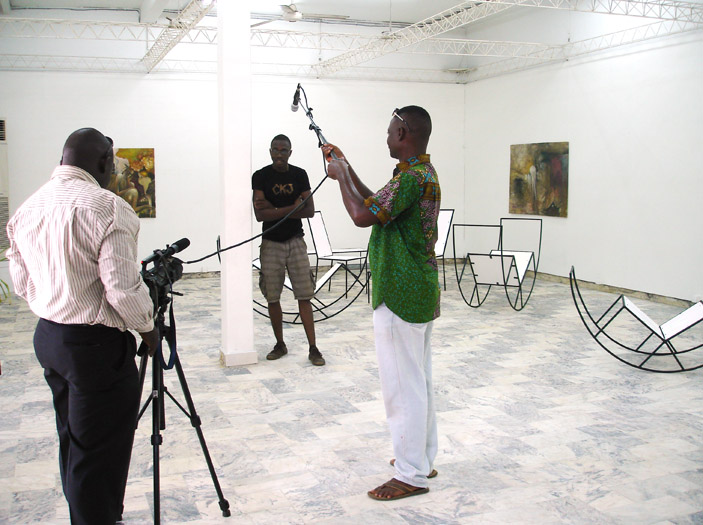Waiting room
press release
-
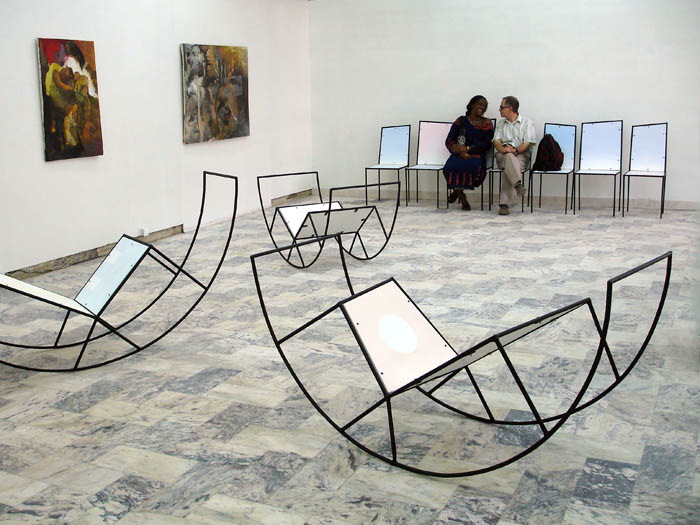
Exhibition Centre Culturel Français of Lomé / Togo, 2009. In collaboration with togolese painter Cham and the help of the SCAC.
-
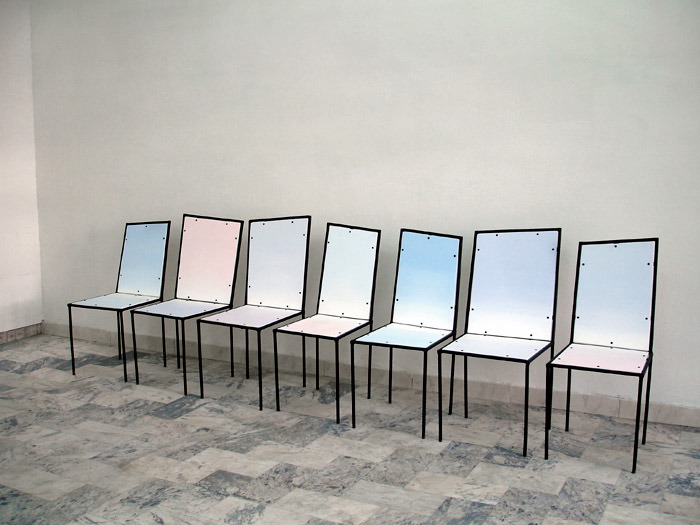
-
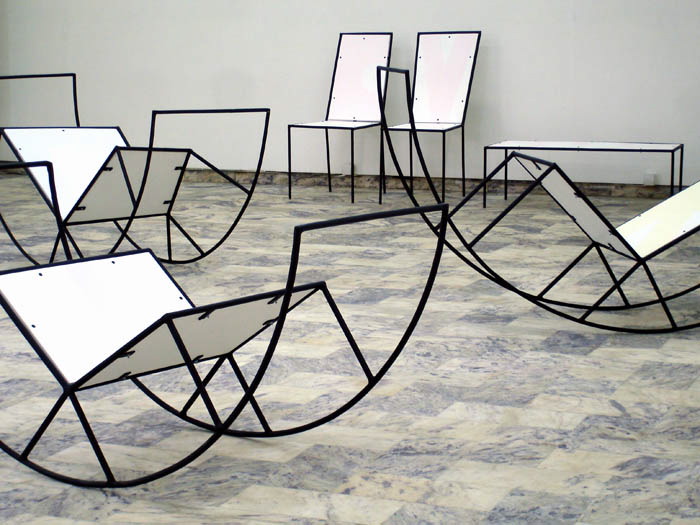
-
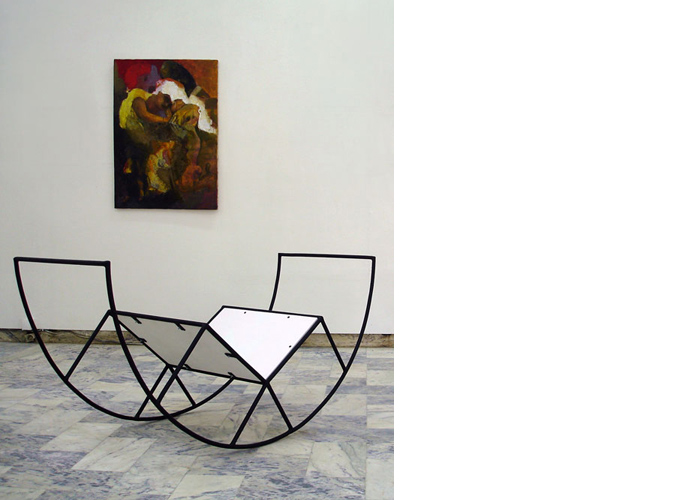
"Salle d’attente" est une proposition d'Elvire Bonduelle réalisée en collaboration avec le peintre Cham Wonanu, le soutien du Service de coopération et d’action culturelle français de Lomé et de la compagnie Air France.
Invitée pour deux mois en résidence à Lomé au Togo, Elvire Bonduelle réalise son projet “Salle d’attente” en collaboration avec des artisans locaux. Il s’agit d’un ensemble de créations inspirées de sa découverte de l’Afrique noire à travers la ville de Lomé. C’est un ensemble d’oeuvres à la limite du design composant, avec les peintures de Cham Wonanu, une salle d’attente.
Elvire Bonduelle s’est intéressée au motif de la salle d’attente en tant que lieu ordonnant un rapport spécifique au temps, en tant que parenthèse spatiotemporelle propice à l’expérience esthétique. Un espace privilégié pour la contemplation d’oeuvres d’art qu’elle mime ici dans l’espace d’exposition du Centre Culturel Français.
Au sujet du temps et des différentes acceptions que l’on peut en avoir, voici le texte qui inspira le projet, extrait du roman “Ébène” de Ryszard Kapuscinski.
“The European and the African have an entirely different concept of time. In the European worldview, time exists outside man, exists objectively, and has measurable and linear characteristics. According to Newton, time is absolute: “Absolute, true, mathematical time of itself and from its own nature, it flows equitably and without relation to anything external.” The European feels himself to be time’s slave, dependent on it, subject to it. To exist and function, he must observe its ironclad, inviolate laws, its inflexible principles and rules. He must heed deadlines, dates, days, and hours. He moves within the rigors of time and cannot exist outside them. They impose upon him their requirements and quotas. An unresolvable conflict exists between man and time, one that always ends with man’s defeat—time annihilates him.
Africans apprehend time differently. For them, it is a much looser concept, more open, elastic, subjective. It is man who influences time, its shape, course, and rhythm (man acting, of course, with the consent of gods and ancestors ). Time is even something that man can create outright, for time is made manifest through events, and whether an event takes place or not depends, after all, on man alone. If two armies do not engage in a battle, then that battle will not occur (in other words, time will not have revealed its presence, will not have come into being).
Time appears as a result of our actions, and vanishes when we neglect or ignore it. It is something that springs to life under our influence, but falls into a state of hibernation, even nonexistence, if we do not direct our energy toward it. It is a subservient, passive essence, and, most importantly, one dependent on man.”
Ryszard Kapuscinski, excerp from “The Shadow of the Sun”, 1998 -
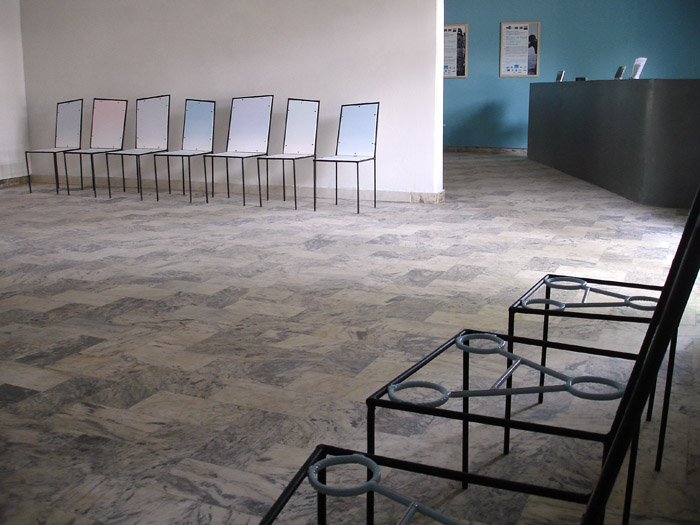
-
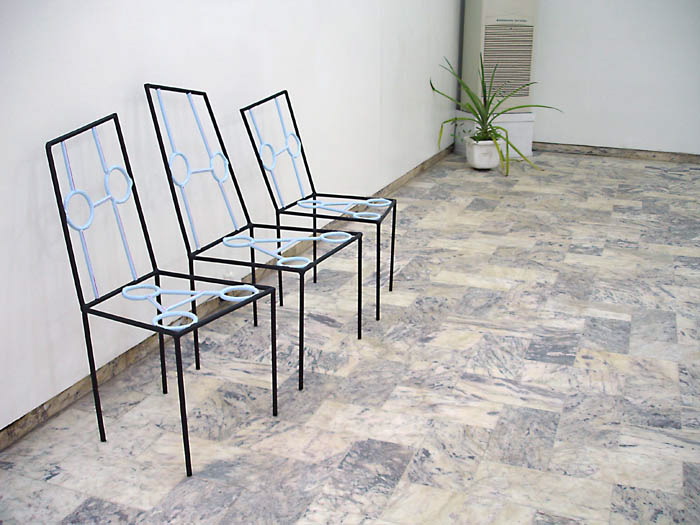
-
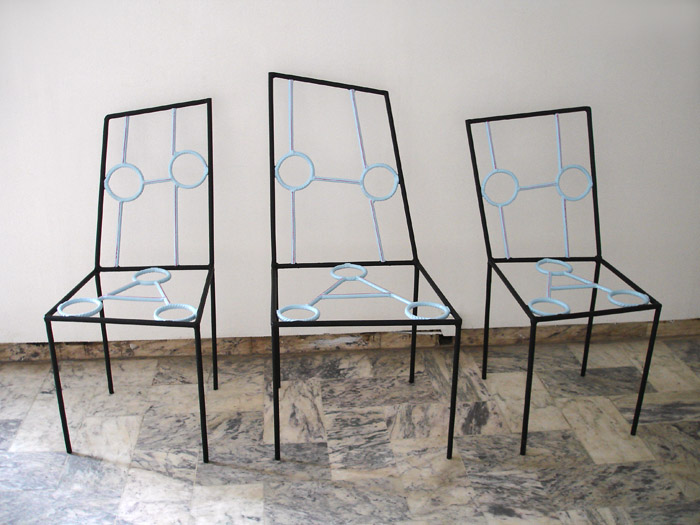
-
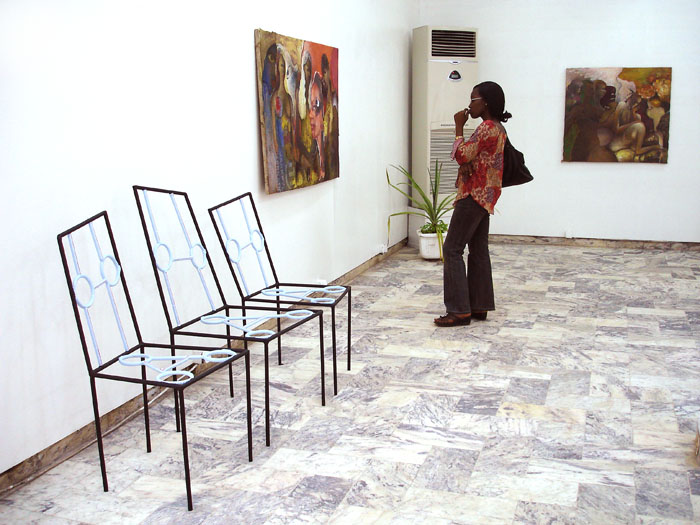
-
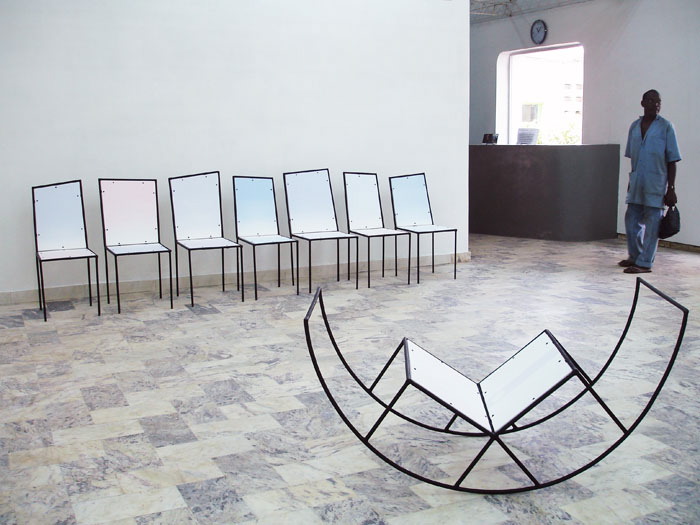
-
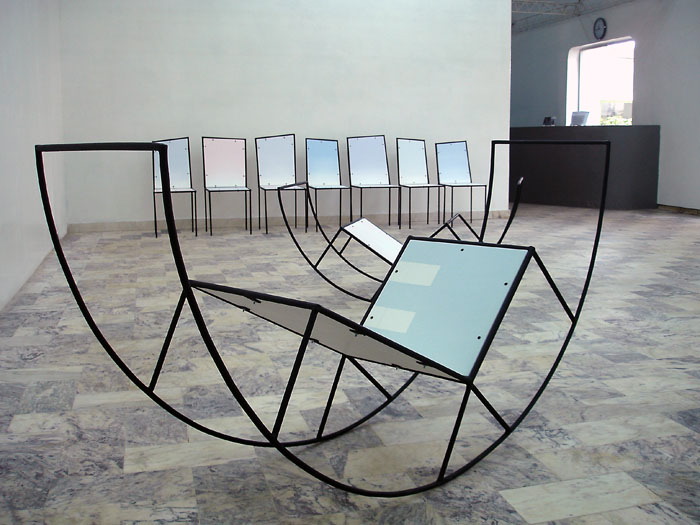
-
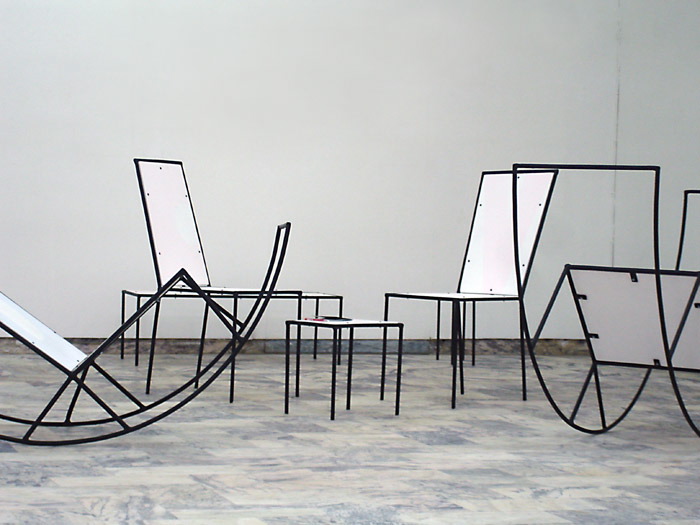
-
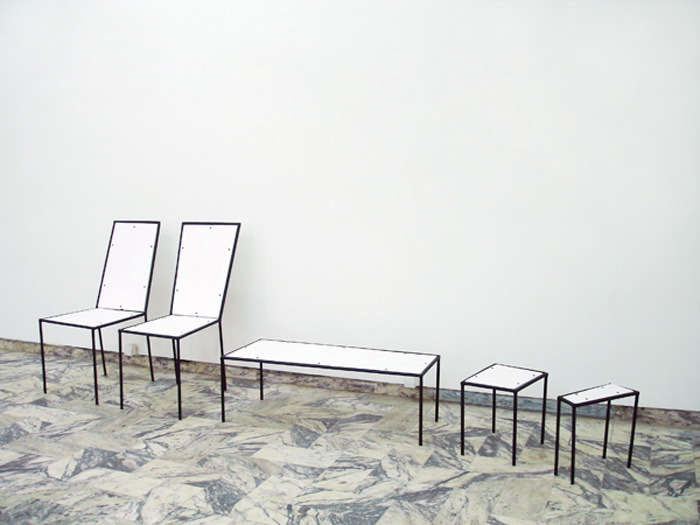
-
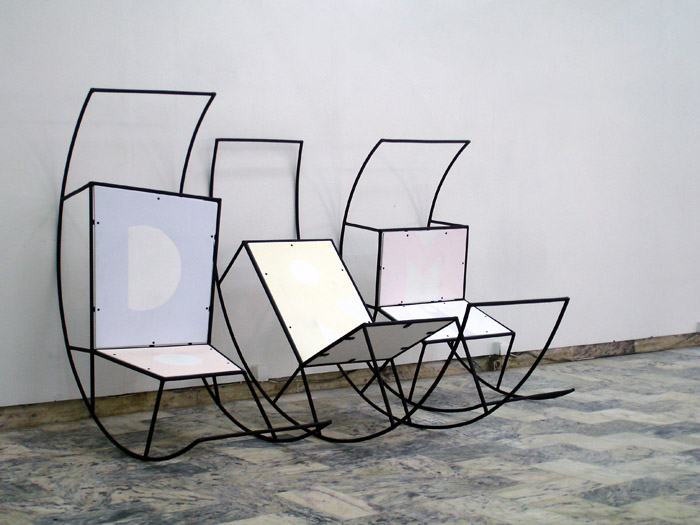
-
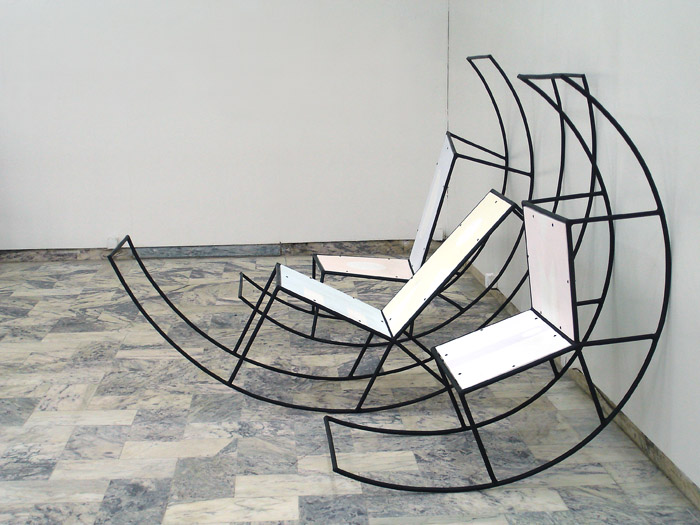
-
